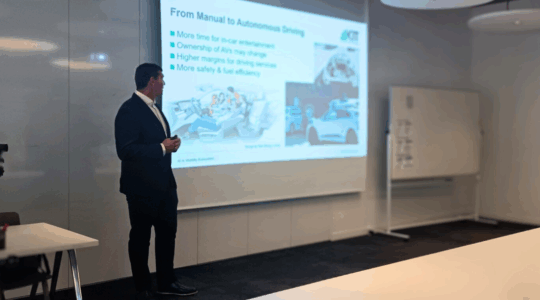In the ever-evolving landscape of insurance, efficiency and accuracy in claims processing are paramount.
Fortunately, the advent of Artificial Intelligence (AI) technologies has brought a transformative wave to the industry.
By harnessing the power of AI, insurance companies can streamline operations, minimise errors and improve customer satisfaction.
This article explores the multiple benefits of AI in automating repetitive tasks, revolutionising claims assessment, and redefining marketing strategies in the insurance sector.

Automating repetitive tasks
AI technologies can be used to automate the review and analysis of legal documents, contracts and insurance policies (data entry).
This saves valuable time and human resources in pre-litigation practices, minimising errors and preventing claims and litigation.
Claims assessment for claims settlement
AI can be used to quickly and efficiently evaluate insurance claims by analysing claim details, relevant policies and other relevant information to determine eligibility or ineligibility for compensation and payment amounts.
Automate claims processes
- Replacing Operators: AI technologies can eliminate much of the human error, automate claims processes (especially standardised and minor ones such as reimbursement of medicines, medical devices, issuing per diems or reimbursement of physiotherapy, dental and therapeutic expenses).
One of the first virtuous examples is that of Lemonade (https://www.lemonade.com/), which has made numerous advances in claims settlement by the back office of a traditional company, reducing much of the fixed cost of staff and settling claims in less than 24 hours.
For complex and large claims, they can facilitate the work of the claims handler, who can make better decisions thanks to these tools. For junior staff, the process is guided and errors are avoided; for senior staff, it is useful for claims that are infrequently handled and for which it is difficult to remember all the steps.
It is important that insurance professionals maintain a supervisory role to ensure the correctness of decisions and to respond to complex or exceptional cases (e.g. settlement of major surgeries). - Positive marketing implications
The adoption of AI and tools such as ChatGPT can have significant positive marketing implications. AI enables a better understanding of customers by analysing data, customer journeys and pain points, allowing insurance companies to create personalised and targeted offers. For example, predictive models can be used to strategically segment customers. Automating marketing processes allows them to reduce content creation costs, find keywords with an organic SEO perspective. - Reduce staff costs
Automation of manual and repetitive tasks reduces reliance on human resources and enables insurance companies to reduce operating costs. ChatGPT ensures that you only have the necessary and essential people on your side. Ability to focus on high-value tasks requiring human and emotional intelligence and decision-making skills.

Conclusion
In summary, the integration of AI technologies marks a paradigm shift in the insurance sector, paving the way for unprecedented efficiency and innovation.
From automating claims processes to unlocking valuable insights for personalised marketing,
AI is enabling insurance companies to thrive in a rapidly changing landscape. By embracing AI-driven automation, insurers can not only reduce costs and mitigate risk, but also deliver a superior customer experience and position themselves at the forefront of industry excellence.
Looking to the future, the synergy between human expertise and AI capabilities promises a more agile, resilient and customer-centric insurance ecosystem.



